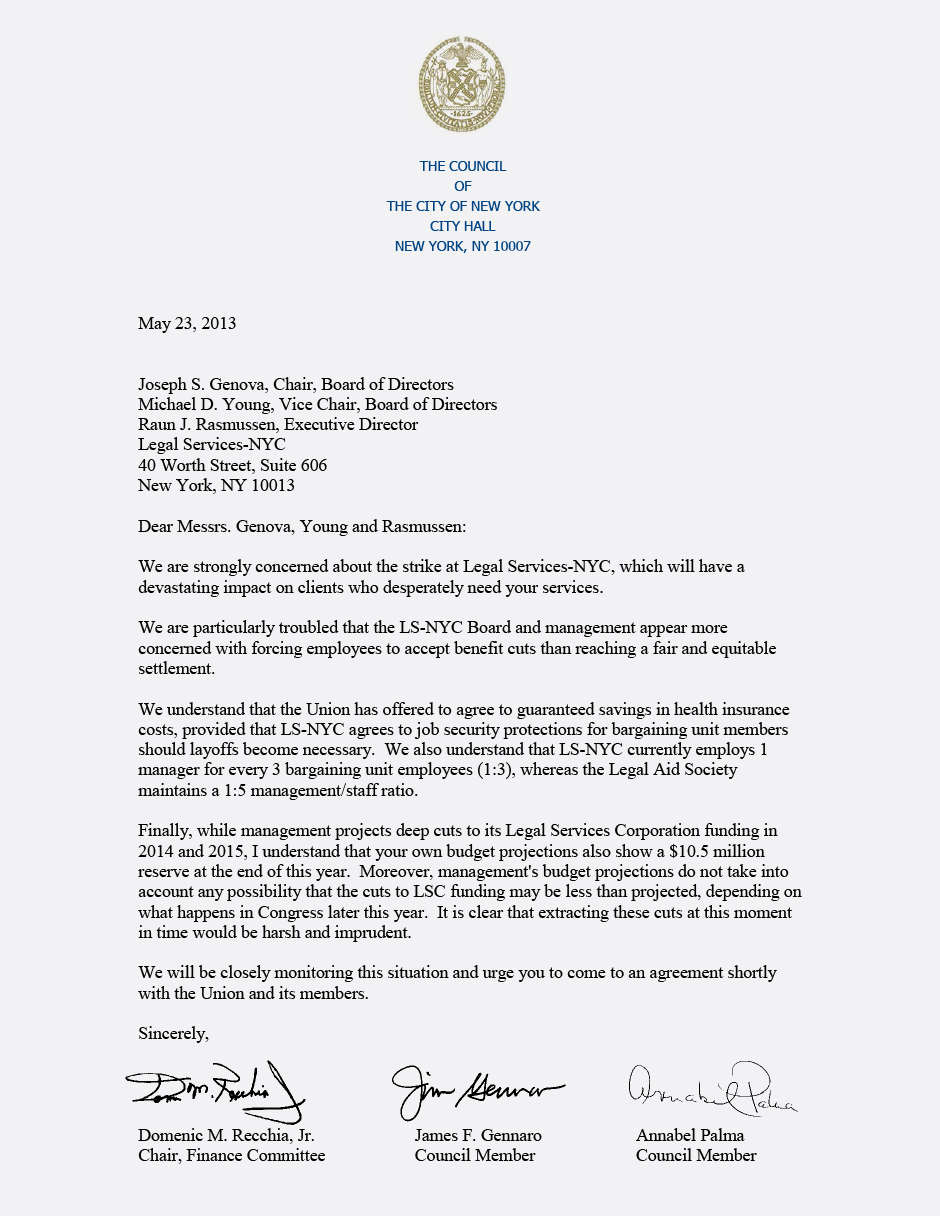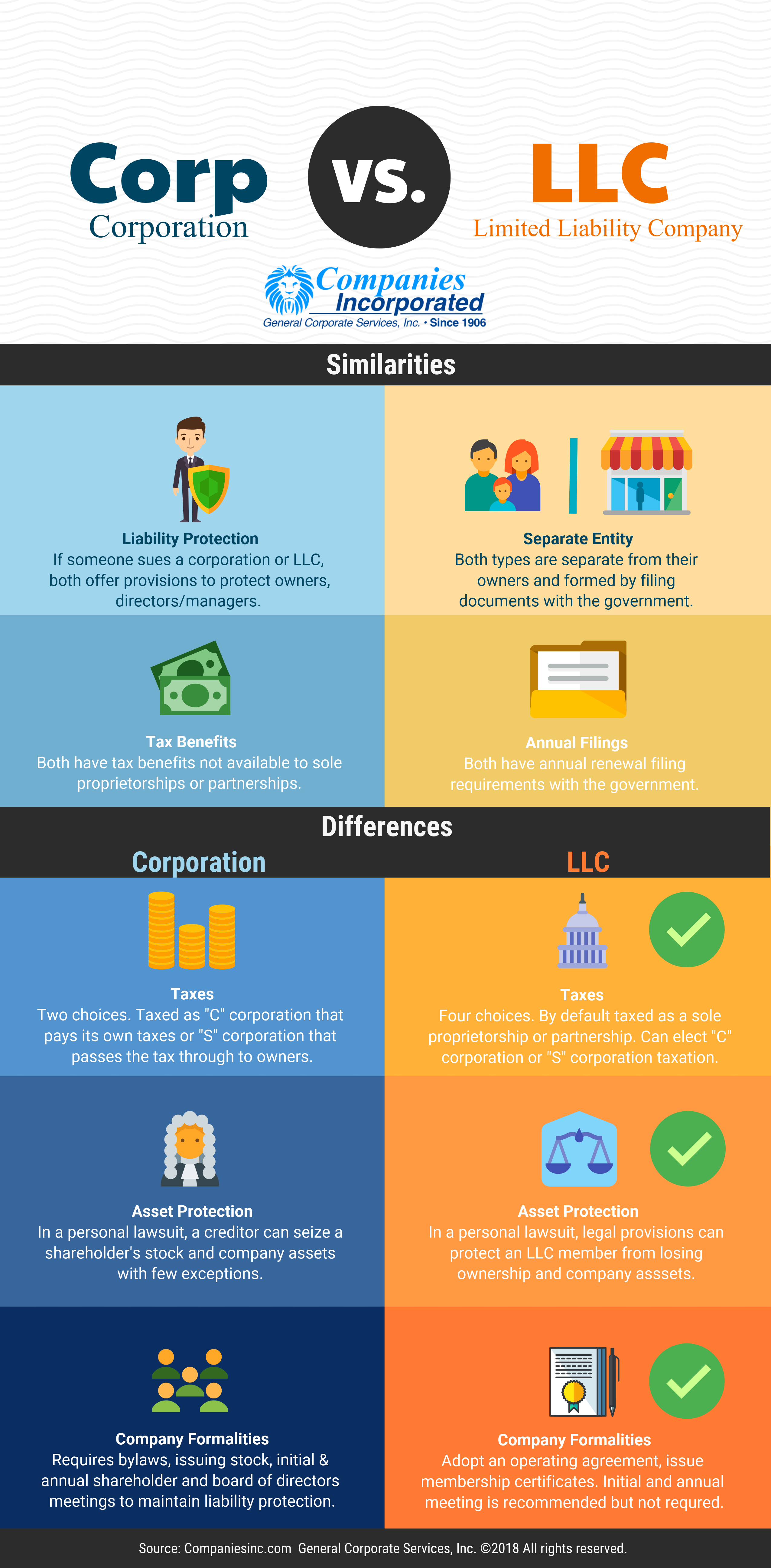
If you're looking for an excellent salary that's competitive with other companies in the same industry, McKinsey and Company might be a good place to start. Learn more about average salary, bonus, and office locations. The company culture and the rewards they offer their employees will be revealed.
Average salary
McKinsey and Company's average annual salary is $402,000, although it can vary greatly. The highest-paid employees get around $240,000 per the year while the lowest paid earn about $18,000. Salaries for Partners at the firm vary from $199,000 - over $1 Million. Additional compensation options include performance bonuses and commissions for projects.
Associates can earn up to $154,000 per annum. As Project Leaders, associates can earn as much as $220,000 per year. Associate salaries can be increased by profit-sharing and performance bonuses. Associate status typically is achieved within three to six months.
Salary progression
McKinsey is very interested in the progression of employees' salaries. Employees can rise up from the lowest tier to become junior associates. As their career advances, they can be promoted to senior associates and earn a base income of $5 million. As they rise up the ladder they will often earn bonuses of around 90% of their performance bonus.

McKinsey consultants have a different salary structure depending on the job they do. As the company grows and you take on more challenging work, you will likely earn a higher salary. An entry-level consultant can expect to earn $108,000 to $116,000 per year, which is an average salary. A doctorate or MBA can lead to a higher salary by becoming a project manager.
Bonuses
When it comes to company bonuses, McKinsey isn't the worst of the bunch. Its signing bonus to MBAs has almost doubled, from $25,000 the year before to $30,000. Bain contributes $7500 to its 401k plan and BCG puts a portion in each undergrad's 401k. BCG does not disclose its bonus but it recently increased its MBA signing bonuses to $30k to keep pace with tech companies.
McKinsey's bonus pays more than other companies in the consulting sector. McKinsey & Company's associates make $50k less than a Goldman Sachs consultant. The gap between consulting firms versus banks has increased to more that $100k annually. McKinsey & Company provides a $10,000 relocation bonus for graduate who move to the company.
Offices
McKinsey, as well as company offices, are located in South Boston's Innovation District. They have 200+ consultants working in these offices and are well-known for their progressive atmosphere. Boston boasts a vibrant culture and a progressive environment. Housing costs are still much higher than what is the national average. You have many options if moving to Boston is something you consider.
McKinsey and Company is an international consulting firm with offices in various cities and countries. Each city has a unique office environment. Every office has a different culture and is specialized in a different industry, so it's important that you find the one that suits your needs.

Levels
There is a clearly defined hierarchy at McKinsey with levels ranging between Associate Consultant and Partner. McKinsey’s traditional career path involves starting as an Analyst and working your way up to becoming Partner. As you progress from entry to senior roles, your focus will be on data gathering, analysis, and delivering presentations. While you'll need a graduate degree to begin at the Associate Consultant level, the firm also has roles for those without a degree.
Bain and McKinsey may be similar in size, but McKinsey is more formal. The company takes their work seriously and tends have longer working hours. Employees are not allowed to give their logo gifts as it may be considered unprofessional by clients. While the salaries at both companies are similar, McKinsey boasts a greater alumni network and is more prestigious.
FAQ
What can I expect from my consultant?
You should hear back from your chosen consultant within a few days. They will request information about your company including its mission and goals, products, services, budget, and other pertinent details. Next, they'll provide a proposal describing the scope and estimated time frame, fees, deliverables or milestones, as well as an estimate of costs.
If all goes according to plan, the two sides will sign a written deal. The type of relationship between them (e.g. employer-employee or employer-independent contractor) will determine the terms of the contract.
If all goes well, the consultant will start working immediately. He/she will have immediate access to your internal documents, resources, and you'll be able to access his/her skillset and knowledge.
You shouldn't assume, however, that every consultant is an expert in all areas. It takes effort and practice to become an expert in whatever field you consult. Don't expect your consultant know everything about your company.
How can I become a successful consultant
Find an area that you are passionate about. Next, you need to establish relationships. Understanding your clients' needs and operating style is essential. Finally, you have to deliver results for your clients.
You don't have to be the best at everything, but you do have to be better than everyone else. You need passion for what your do. It is not enough to simply say, "I want to become a consultant." You must really believe in yourself and what you're doing.
Can anyone be a consultant?
A consultant is someone that helps you achieve your goal. They can offer advice on how to do it better, faster and cheaper.
A consultant can help you solve problems, make decision, or negotiate with people.
Consultants can be hired to assist with specific tasks or projects.
Actually, most consultants get paid hourly and daily rates, rather than per-project.
Statistics
- My 10 years of experience and 6-step program have helped over 20 clients boost their sales by an average of 33% in 6 months. (consultingsuccess.com)
- "From there, I told them my rates were going up 25%, this is the new hourly rate, and every single one of them said 'done, fine.' (nerdwallet.com)
- WHY choose me: Why your ideal client should choose you (ex: 10 years of experience and 6-week program has helped over 20 clients boost their sales by an average of 33% in 6 months). (consultingsuccess.com)
- Over 62% of consultants were dissatisfied with their former jobs before starting their consulting business. (consultingsuccess.com)
- 67% of consultants start their consulting businesses after quitting their jobs, while 33% start while they're still at their jobs. (consultingsuccess.com)
External Links
How To
How to start a consulting company and what should I do first?
It's a great way for you to make money online by starting a consulting company. You don't have to have any business experience. To start your own consulting business, you can build a site. After you have built a website, social media platforms such Instagram, Pinterest and LinkedIn will be useful to spread the word about your services.
With these tools, you can put together a marketing plan that includes things like:
-
Creating content (blogs)
-
Establishing connections (contacts)
-
Generating Leads (lead generation forms).
-
Selling products through ecommerce websites
Once you've developed your marketing strategy, you'll need to find clients who will pay for your services. While some people prefer to attend networking events and groups, others prefer online methods like Craigslist, Wikijiji, or Kijiji. It's up to you to make the decision.
Once you have found clients, you should discuss terms and payment options. These could be hourly fees, retainer arrangements, flat-fee contracts, or other types of fees. You need to be clear about what you expect of a client before they accept you as a client.
Hourly agreements are the most commonly used contract type for consultancy service. This type of contract requires you to provide certain services at fixed rates each week or month. You may be able negotiate discounts depending on what service you offer. Make sure you understand what you are signing when you accept a contract.
Next, create invoices. Send them to your clients. Invoicing is one thing that looks simple until it's actually done. There are many options for invoices to be sent to your clients. You can choose to have your invoices sent directly to your clients or to print them and send them. No matter what method you use, ensure it works for your business!
After creating invoices are complete, you will need to collect payments. PayPal is preferred by most people because it is simple to use and offers many payment options. However, other payment processors are available, including Stripe, Square Cash, Google Wallet, Apple Pay, Venmo, etc.
Once you're ready to begin collecting payments, you'll want to set up bank accounts. Having separate checking and savings accounts allows you to track income and expenses separately. It is also a good idea to set up automatic transfers into your bank account for paying bills.
When you start a consultancy business, it may seem overwhelming, but once you learn how to do it correctly, it becomes second nature. You can read our blog post to learn more about how to start a consultancy business.
The best way to make extra cash is to start a consulting business. Many consultants work remotely. This means that they don’t have to deal in office politics or work long hours. Since you are not tied down by regular working hours, you have more flexibility than a traditional employee.